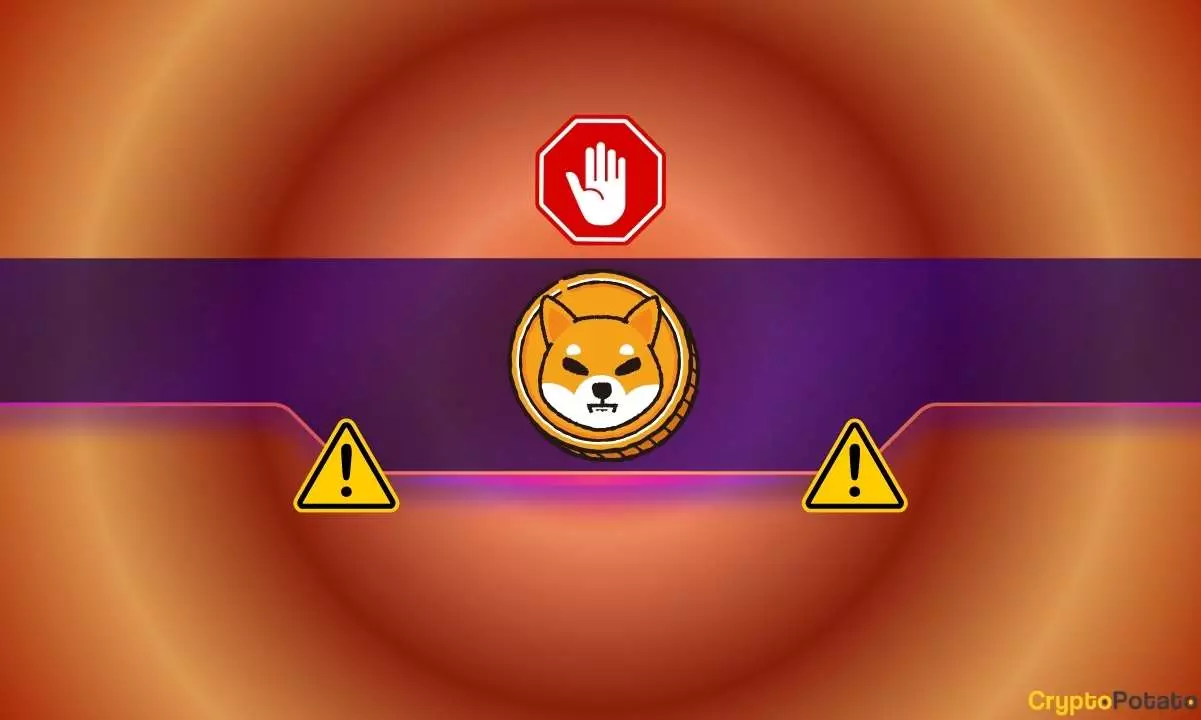The cryptocurrency market is a double-edged sword, combining untold possibilities for wealth creation with an alarming number of scams that prey on unsuspecting investors. The Shiba Inu (SHIB) community, known for its vibrant and active group of enthusiasts, is increasingly becoming a target for fraudsters exploiting its popularity. Recent reports emphasize the importance of vigilance against scammers impersonating Shiba Inu developers in an effort to promote counterfeit tokens.
The Shiba Inu ecosystem, bolstered by its large active user base, has faced mounting issues with fraudulent activities in recent months. Scammers have capitalized on the momentum of the Shiba Inu project, particularly during times of market rallies. According to a recent alert from Shibarium Trustwatch, a dedicated account for exposing deceitful practices in the ecosystem, these fraudsters often use the name of prominent figures, such as Shytoshi Kusama—the project’s lead developer—to lend legitimacy to their schemes.
The Shiba community is advised to exercise caution, especially when interacting with unknown parties or groups. Scammers typically employ tactics that manipulate emotions and build trust, often masquerading as experts or influencers to promote fake tokens. By doing so, they reinforce the facade of credibility, making it crucial for community members to independently verify the authenticity of any project or individual before sharing personal information or investments.
Two notable tokens currently causing confusion in the Shiba Inu community are SHI and TREAT, which are being marketed by self-proclaimed experts. The Shiba team has clarified that these tokens are not live yet and should be treated with skepticism. Both SHI and TREAT aim to enhance the ecosystem by introducing an algorithmic stablecoin designed to weather market turmoil and a reward token intended to support community engagement and project utility.
Understanding the genuine intentions behind these tokens is essential; however, scammers often exploit such developments to entrap unsuspecting investors. By promoting misleading narratives around these projects, fraudsters seize the opportunity to push random tokens they have been compensated to endorse, further muddying the waters for potential investors.
The susceptibility of the Shiba Inu community to scams is further complicated by the burgeoning nature of cryptocurrency markets. With Bitcoin recently touching an all-time high and numerous altcoins also hitting record values, the influx of new investors has led to an increase in potential victims. Novice investors have a tendency to overlook the inherent risks within the cryptocurrency domain, making them prime targets for scammers eager to exploit their lack of experience.
Furthermore, the Shiba Inu project draws a diverse audience, including millions of investors, developers, and crypto enthusiasts. Scammers are well aware of this vast pool to exploit. Many fraudulent accounts feign trustworthiness, establishing a following before being sold to other bad actors who push deceptive schemes.
The Importance of Staying Informed
To combat this growing menace, awareness and education should be a priority for anyone involved in the Shiba Inu ecosystem. Stakeholders are urged to conduct thorough research and maintain critical thinking when evaluating any proposed investment or interaction. Only official Shiba Inu accounts should be referred to for up-to-date information, and the community must actively discourage sharing sensitive information with unknown individuals.
The Shiba Inu community is at a crossroads, where exciting developments in the cryptocurrency space must be approached with caution. While there are opportunities to enhance the ecosystem, the shadow of scams looms large. By remaining vigilant, fostering a culture of information sharing, and employing rigorous due diligence, members of the Shiba Inu community can work together to shield themselves from the perils that threaten to undermine their efforts and investments.

